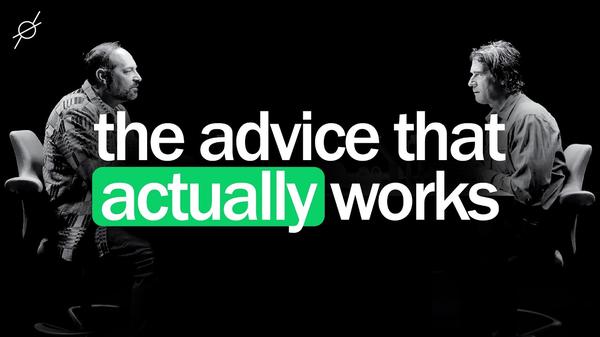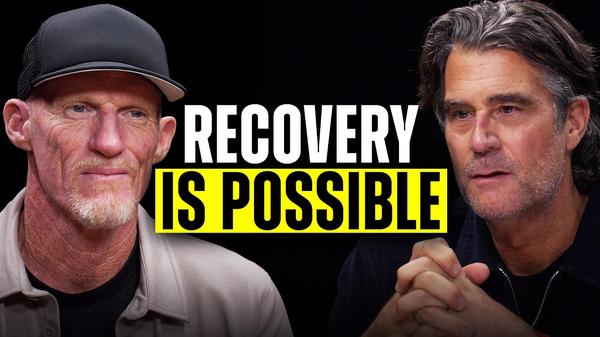
The TRUTH About Social Media & Your Children | Jonathan Haidt X Rich Roll Podcast
Rich Roll
Apr 22, 2024
Mindsip insights from this episode:
Reject Snapchat's cruel social features to protect mental health
Snapchat's features like 'streaks' and the premium 'solar system' map, which ranks friends' closeness, are described as cruel and evil tools designed to addict kids and create social anxiety.
Break free from collective action trap in social media use
A study found college students would have to be paid to quit social media alone, but would willingly pay money to quit if everyone else did too, perfectly illustrating the collective action trap.
Reclaim childhood with four essential norms
Four collective norms are proposed to solve the crisis: no smartphones before high school, no social media until 16, phone-free schools, and more real-world independence.
Disconnect from online life to embrace spiritual wisdom
A life online is the exact opposite of what ancient spiritual traditions advise, as it promotes instant judgment, a cluttered mind, and intense self-focus rather than forgiveness, mental clarity, and self-transcendence.
Address mental illness valorization on social media platforms
Social media has gone beyond de-stigmatizing mental illness to actively valorizing it, where displaying symptoms on platforms like TikTok becomes prestigious and socially contagious among teens.
Balance physical and digital protection for children
We are hyper-protective of our children in the physical world, which has become safer, yet completely underprotective of them in the digital world, which is proving to be far more dangerous.
Recognize social distancing trends in teens pre-COVID
The decline in teenagers spending time with friends was so steep after 2012 that the social distancing caused by the COVID-19 pandemic in 2020 was no greater than the decline from the previous year.
Recognize risks of video game and social media addiction in children
While not all kids become addicted to video games or social media, a significant portion, around 5-10%, develop problematic or compulsive use, which is like letting your child play Russian roulette with their development.
More from
Rich Roll
#1 Nutrition Scientist: This Is Why You Struggle To Lose Weight | Kevin Hall, PhD
This Is How You Start Over Stronger: A Reinvention Masterclass | Gregg Renfrew
Surviving Your Rock Bottom
The Quarterback Who Lost Himself In Drugs & Found Himself In Love | Todd Marinovich
#1 Time EXPERT: Being “Productive” Is Making You MISERABLE | Oliver Burkeman
You also might be interested in
The One Thing Everyone Thinks They Can’t Afford… Until They Try It
I’m Scared for Our Country
What Happens When You Live Inside a Quantum Field? (Anti-Aging Secrets)
Is There *Actually* Any Research On QUANTUM Fields Affecting Your Health? (You'll Be Blown Away By What You Learn!) With Ian Mitchell & Philipp von Holtzendorff-Fehling
Should YOU Carry A Gun & Knive To Protect Yourself? Self-Defense & Protection 101 With Navy SEAL Turned Preparedness Expert Bill Rapier.














